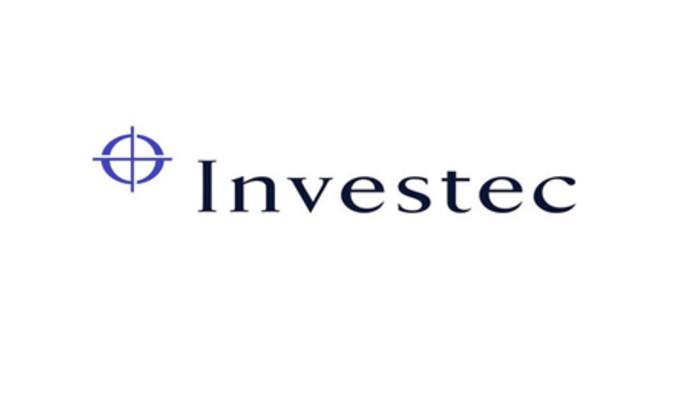
Investec’s UK wealth and investment business posted an 18 per cent increase in operating profit for the year to the end of March after benefitting from a strong second half.
Profits increased to £74m, up from £63m last year while net inflows were £1.1bn, and funds under management rose to £42bn from £33bn last year.
Last March the firm completed the de-merger of its asset management business, which rebranded as Ninety One.
Fani Titi, group chief executive, said implementation of the board’s strategy to simplify the business was largely complete but the year was a "tale of two halves".
“First half performance was characterised by difficult and volatile market and economic conditions attributable primarily to Covid-19.
"The second half showed strong earnings recovery, supported by our resilient client base, a rebound in economic activity and a greater sense of optimism spurred on by global vaccination campaigns.
"We carry this momentum into the 2022 financial year, focused on actively servicing our clients and delivering long-term value."
Operating costs reduced by 3.7 per cent to £245m, including the headcount reduction related costs of £4m after 210 jobs were cut in autumn last year.
Revenue was broadly flat compared with 2020 which the firm said was as a result of both the positive impact of growth in FUM, increased transaction volumes and associated repositioning of client portfolios, and the negative impact of lower interest rates.
The group suffered a £2m increase in the Financial Services Compensations Scheme levy, to £6m.
Investec will pay a final dividend of 7.5p per share, bringing the full year dividend to 13p.
Titi added: “Implementation of the board’s strategy to improve capital allocation and reduce complexity of the business is largely complete, and the associated costs have been absorbed in these results. As a result of the actions we have taken over the last two years, Investec is well positioned to deliver an improved performance.
“While the improving economic outlook is reassuring, the short-term trajectory and the long-term effects of the pandemic are uncertain. The group is well capitalised and lowly leveraged, adequately provisioned and has strong liquidity – enabling us to benefit from continued economic recovery.”
sally.hickey@ft.com





